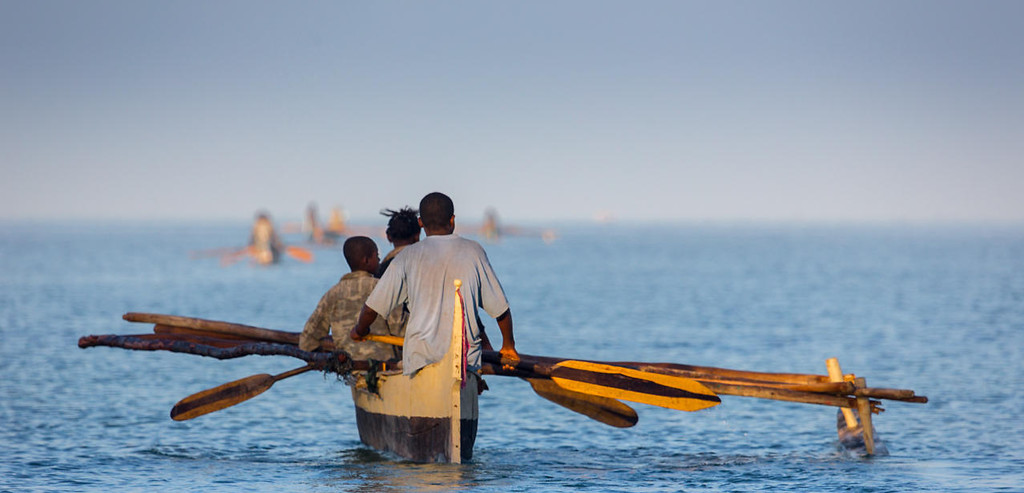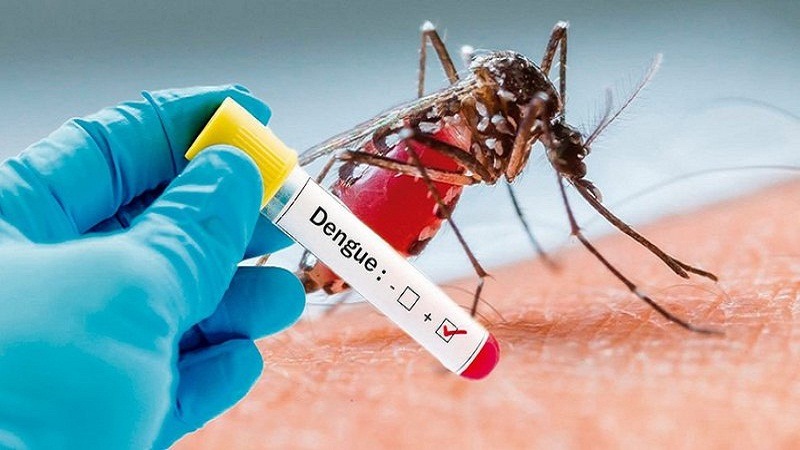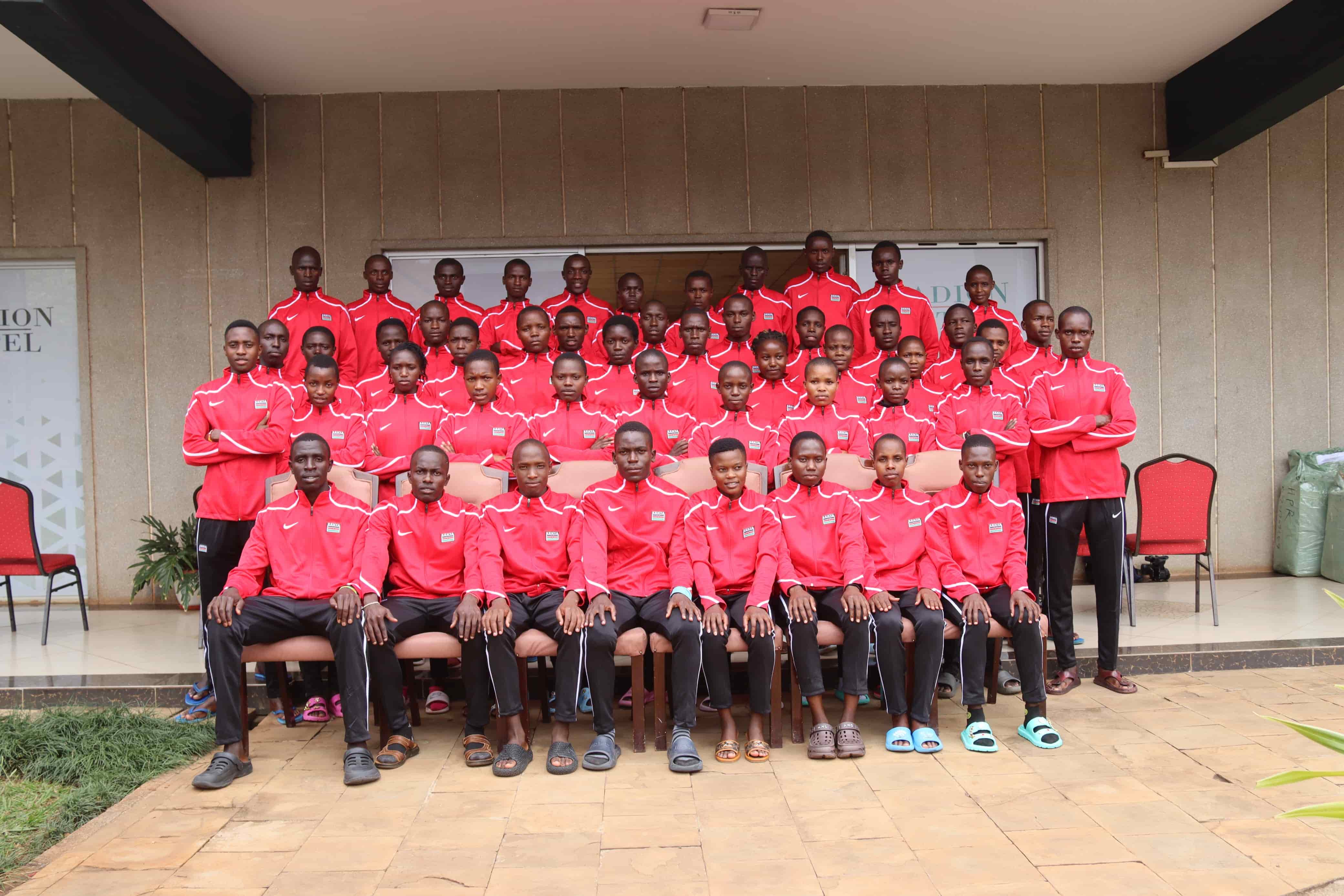Madagascan authorities arrest Kenyan and Sri Lankan fishermen for illegal shark fishing

Despite efforts to combat illegal fishing, sharks continue to be targeted for their fins, which are valued at about sh7,000 per kilo on the world market.
Madagascan authorities last week on Monday arrested Kenyan and Sri Lankan fishermen for illegal shark fishing and other marine violations, The Eastleigh Voice has established.
The country's Fisheries Monitoring Centre (CSP) detected a boat fishing illegally 87 km northwest of Nosy Be, in the Banc de Leven area, according to L'Express de Madagascar.
More To Read
- Senate launches probe into disappearances of Nakuru fishermen
- Kilifi residents urged to stay safe as strong winds and high waves threaten coastline
- Blue Economy boom: Over 200 Tana River youths empowered in fisheries venture
- Madagascar becomes Africa’s first producer of luxury fish egg delicacy costing up to Sh2.59 million
- Why fishermen in Lamu are quitting the trade despite catching tonnes of fish
- State identifies 13 key fish breeding zones to restore Lake Victoria's declining fish population
The Kenyan-flagged boat, 'Maab Aqua,' measured 14.25 metres long and 5 metres wide, with a crew of eight foreign fishermen—three Kenyans and five Sri Lankans.
The boat was found carrying 5,210 kg of sharks, 135 kg of salted sharks, 70 kg of shark fins, and 250 kg of other fish, contrary to Article 37 of Madagascar's fisheries code, which states that no vessel may fish in its waters without a proper licence.
"Please note that they do not have a fishing licence from the Ministry of Fisheries and Blue Economy to fish in the sea of Madagascar during the investigation," the country's Ministry of Fisheries announced on Facebook.
Madagascar is home to nearly 80 species of sharks, 37 of which are threatened and listed on the International Union for Conservation of Nature's (IUCN) Red List.
 Fishermen explore the Indian Ocean in a boat at Msambweni beach in Kwale county on June 9, 2024. ([Photo: Mishi Gongo)
Fishermen explore the Indian Ocean in a boat at Msambweni beach in Kwale county on June 9, 2024. ([Photo: Mishi Gongo)Fishermen explore the Indian Ocean in a boat at Msambweni beach in Kwale county on June 9, 2024. ([Photo: Mishi Gongo)
Kenya has recently taken several steps to crack down on illegal fishing and grow its ocean economy. In mid-March 2022, the country ratified the Cape Town Agreement (CTA) and the International Convention on Standards of Training, Certification, and Watchkeeping for Seafarers.
The CTA, adopted by the International Maritime Organisation in 2012, specifies standards and regulations for fishing vessels to protect crews and fishing observers, according to the Pew Charitable Trusts.
Kenya is also building a DNA database for its marine species to conserve its maritime resources in the face of widespread illegal fishing.
The exercise involves collecting species and cataloguing them to help the government prosecute cases of illegal fishing.
Since the programme began in 2022, Kenya has produced barcodes for about 115 species, including sharks, rays, crustaceans, and molluscs.
Top Stories Today














































